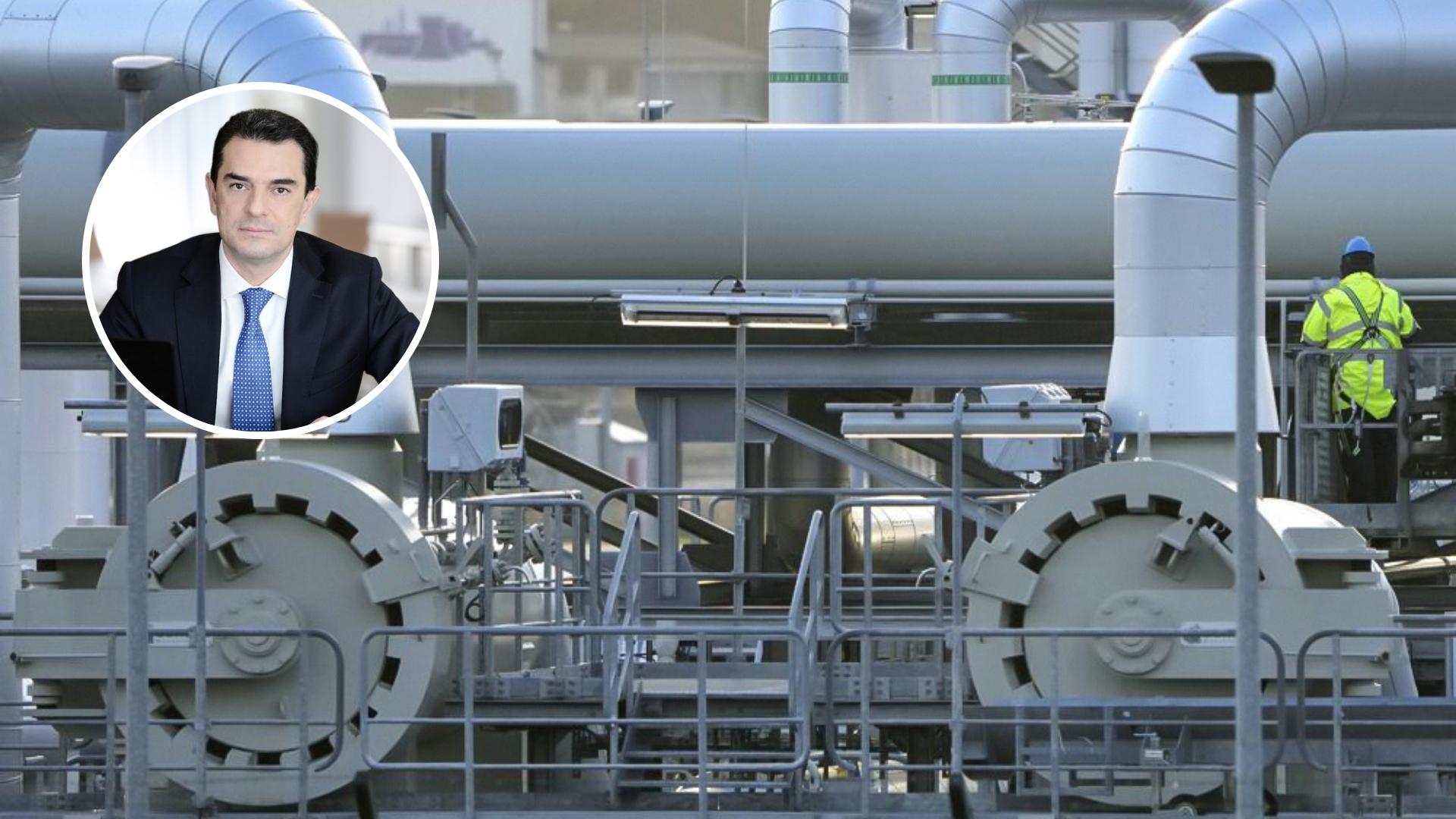On Tuesday, EU member states agreed to cut gas consumption by 15% from next month until March 2023 in an attempt to avert a winter crisis triggered by a sharp reduction of Russian gas supplies to the bloc.
Pointing to the agreement, Greece’s Minister of the Environment and Energy, Kostas Skrekas said it “will send a strong message of unity and solidarity against Russian blackmail,” adding that it will reduce “energy dependency on Russian gas.”
Presently, all EU member states will voluntarily strive for the reduction, however, in the event of a complete cut-off from Russian gas, the EU may declare an emergency and make the target mandatory with immediate effect. Cyprus, Ireland and Malta, who are not connected to the EU gas network, would be exempt from such compulsory energy savings.
Η Ελλάδα, στο σημερινό Συμβούλιο Υπουργών Ενέργειας 🇪🇺, πέτυχε την εξαίρεση που ζητούσε για τον υπολογισμό της μείωσης στην κατανάλωση φυσικού αερίου. Η Ευρώπη με τη σημερινή συμφωνία στέλνει αποφασιστικό μήνυμα ενότητας και αλληλεγγύης της 🇪🇺 απέναντι στους ρωσικούς εκβιασμούς. pic.twitter.com/Tk9sQ8Ktx3
— Kostas Skrekas | Κώστας Σκρέκας (@KostasSkrekas) July 26, 2022
The voluntary reduction comes as Russia’s Gazprom said on Monday that it would cut flows through the Nord Stream 1 pipeline to Germany to a fifth of capacity. Prior to its invasion of Ukraine, Russia supplied 40% of EU gas.
Under the EU agreement, the 15% reduction of each member will be calculated based on their average consumption in the past five years.
However, as approved by the EU, Greece’s reduction will be calculated in relation to the previous year as opposed to a five-year average.
In addition, Greece, together with Spain, Italy and Portugal, introduced a successful provision in the plan, whereby in the event of mandatory cuts, volumes of natural gas used by power plants can be excluded.
Speaking to reporters in Brussels, Minister Skrekas said that the EU will also be analysing Prime Minister Kyriakos Mitsotakis’ letter to the president of the European Commission, Ursula von der Leyen, in which he proposed “a new demand reduction mechanism” to incentivise “energy-intensive industries to reduce their consumption of gas”.

